Hire Employees in Asia
Hire, pay and manage your emplyees without establishing a local company
Build Your Team in Asia
You don’t always need a local company to operate in Asia. With EOR Asia‘s help, you can hire staff and build a team for various roles—like sales, marketing, support, R&D, and quality control—without setting up Asian branches. We offer Employer of Record services, letting you manage your business functions in Asia without the hassle of a local entity.

Employer of Record
Employ leaglly through our AsiaEOR service, without the need to create a local business entity.

Payroll & Benefits
Distribute salaries and handle the necessary social benefits for your Asian workforce using our payroll management service.

Recruitment
Find top talent for the job through our recruitment service in Asia.
The problem with hiring contractors in Asia
Understanding Employee Types in Asia
In Asia, it’s not always easy to decide if a worker is an independent contractor or an employee. The law says a worker is an employee if:
- They follow the employer’s rules.
- They do what the employer tells them.
- They get paid for work that is part of the company’s job.
Asia treats part-time and full-time workers the same. That means every worker must get the benefits they’re supposed to get.
If you don’t figure out the right worker type or don’t give workers their benefits, you might not be allowed to do business in Asia.

How to hiring remote workers in Asia
Using an Employer of Record
To legally hire employees and manage the necessary social insurance contributions in Asia, an employer must either establish a legal entity there or partner with an Employer of Record (EOR) service like EOR Asia.
EOR Asia is a certified EOR service provider in Mainland Asia, capable of representing other businesses—both domestic and international—to hire employees. By doing so, EOR Asia takes on the full range of employment-related responsibilities and legal obligations in Asia on behalf of these companies.

Frequently Asked Questions
An EOR helps businesses hire employees in Asia without needing a local entity, while a PEO provides HR services like payroll and benefits management for businesses that already have a legal entity in Asia.
The hiring process in Japan can vary widely depending on the company and the position. It might take anywhere from a few weeks to several months. Traditionally, Japan has a unique recruitment cycle, with a high season for hiring new graduates in the spring. For foreign companies or specialized roles, the process might be quicker or slower depending on the candidate pool and the company’s needs.
It is possible for a foreign company to hire employees in South Africa without a local entity, but it can be quite complex due to immigration and labor laws. Companies often use a local Employer of Record (EOR) or a Professional Employer Organization (PEO) to manage local employment compliance, payroll, and benefits.
An Employer of Record (EOR) in Indonesia helps foreign companies by taking on the legal employer responsibilities for their local workforce. This includes registering employees with the local authorities, managing payroll, ensuring timely and correct payment of social security contributions, and handling all tax-related matters, including income tax withholding and reporting.
If an employee in China is injured at work, the employer must follow a series of legal requirements and procedures as outlined by the Chinese labor laws, specifically the “Work Injury Insurance Regulations.” Here’s a more detailed look at the process:
1. Immediate Reporting:
The employer is required to report the accident to the relevant labor authorities and the employee’s union representative, if any, within 48 hours.
2. Medical Treatment:
The employer must ensure that the injured employee receives immediate medical attention. The costs of medical treatment for work injuries are typically covered by the employer until the employee is stabilized.
3. Application for Work Injury Recognition:
The employer, in coordination with the employee, should apply to the local labor authorities for work injury recognition. This process involves an assessment of the incident and the injuries to determine if they are indeed work-related.
4. Work Injury Insurance:
If the injury is recognized as a work injury, the costs are then covered by the Work Injury Insurance Fund, which includes payment of medical expenses, disability compensation, and possibly a one-time compensation payment depending on the severity of the injury.
5. Disability Assessment:
If the injury results in a disability, a formal assessment is conducted to determine the level of disability. This assessment affects the amount of compensation the employee is entitled to receive.
6. Compensation and Benefits:
Depending on the outcome of the disability assessment, the employee may be entitled to various forms of compensation, including but not limited to, disability compensation, loss of income compensation, and vocational rehabilitation support.
7. Return to Work or Termination:
If the employee is unable to return to their previous role due to the injury, the employer is obligated to provide suitable alternative work if possible. If the employment contract is terminated, the employee is entitled to additional compensation.
8. Ongoing Legal Compliance:
The employer must continue to comply with all legal requirements regarding the employee’s compensation, benefits, and any other entitlements as per the labor laws.
9. Potential Penalties:
If the employer is found to have violated occupational safety and health regulations, they may face fines, legal sanctions, and a negative impact on their reputation.
It’s important to note that the specifics of each case can vary, and the process may be subject to change with updates in Chinese labor law. Employers are advised to consult with local legal experts to ensure full compliance with the latest regulations.
In the Philippines, it is not strictly necessary to have a local director or legal representative to hire employees, but it can be beneficial and is often required for certain business activities. Foreign companies typically engage a local Employer of Record (EOR) or a Professional Employer Organization (PEO) to manage the employment of staff in the Philippines. The EOR acts as the legal employer, taking on responsibilities such as compliance with local labor laws, payroll, tax, and benefits administration.
Having a local director or representative can also be advantageous for building business relationships, navigating local regulations, and managing operations more effectively. However, the specific requirements may depend on the type of business, the scale of operations, and the nature of the work being performed in the Philippines.
It’s important to consult with legal and HR experts who are familiar with Philippine labor laws and business regulations to determine the most appropriate structure for your company’s hiring practices and operations.
The annual paid leave entitlement in Vietnam is generally 12 working days for full-time employees. This is in accordance with the Vietnamese Labor Code. However, this can vary based on the specific terms of employment, collective bargaining agreements, or changes to the law.
Get In Touch
Contact Us
Contact for help with employment, payroll, recruitment & general HR in Asia. Fill in the form to talk to our experts and get a free consultation & quote for our services.
Fill out this quick form and our team will reach out shortly. Need immediate assistance? Call or email us directly – we’re here to help.
- hello@eor-aisa.com
Send A Message
Our Offices

South Korea
25, Seolleung-ro 62-gil, Gangnam-gu, Seoul,06191, South Korea
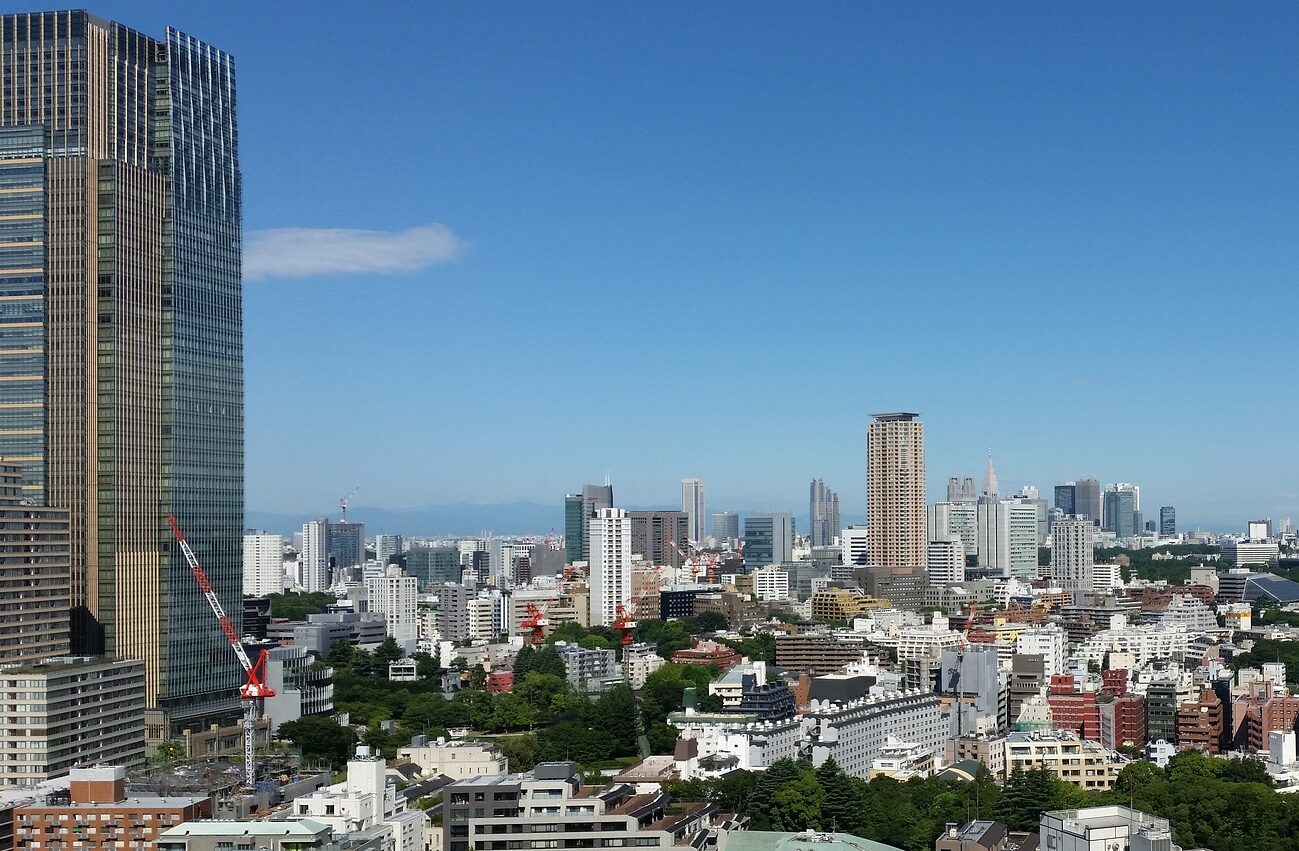
Japan
1-chōme-8-1 Marunouchi, Chiyoda City, Tokyo 100-0005, Japan
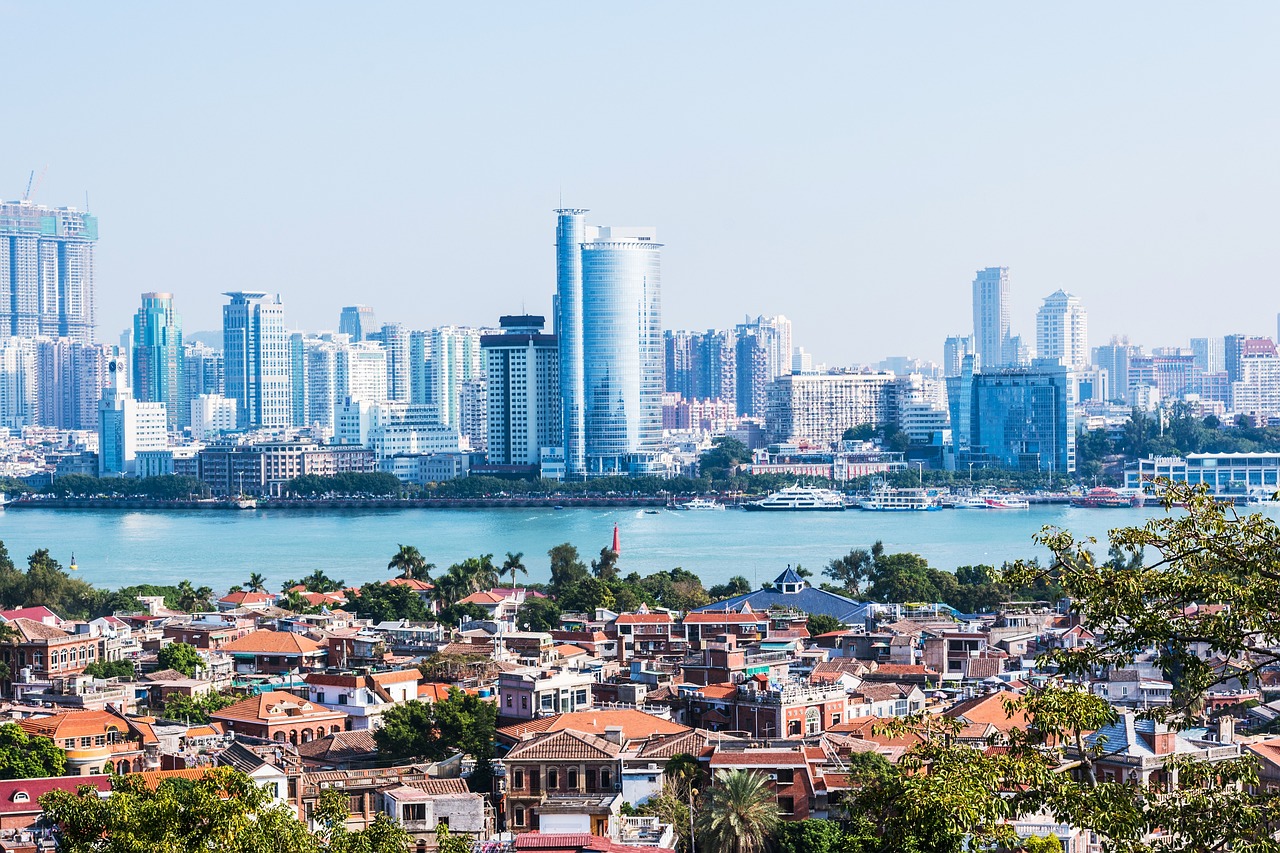
China
Lujiazui Ring Road #501, Floor 5, Shanghai, Huangpu, China,200120
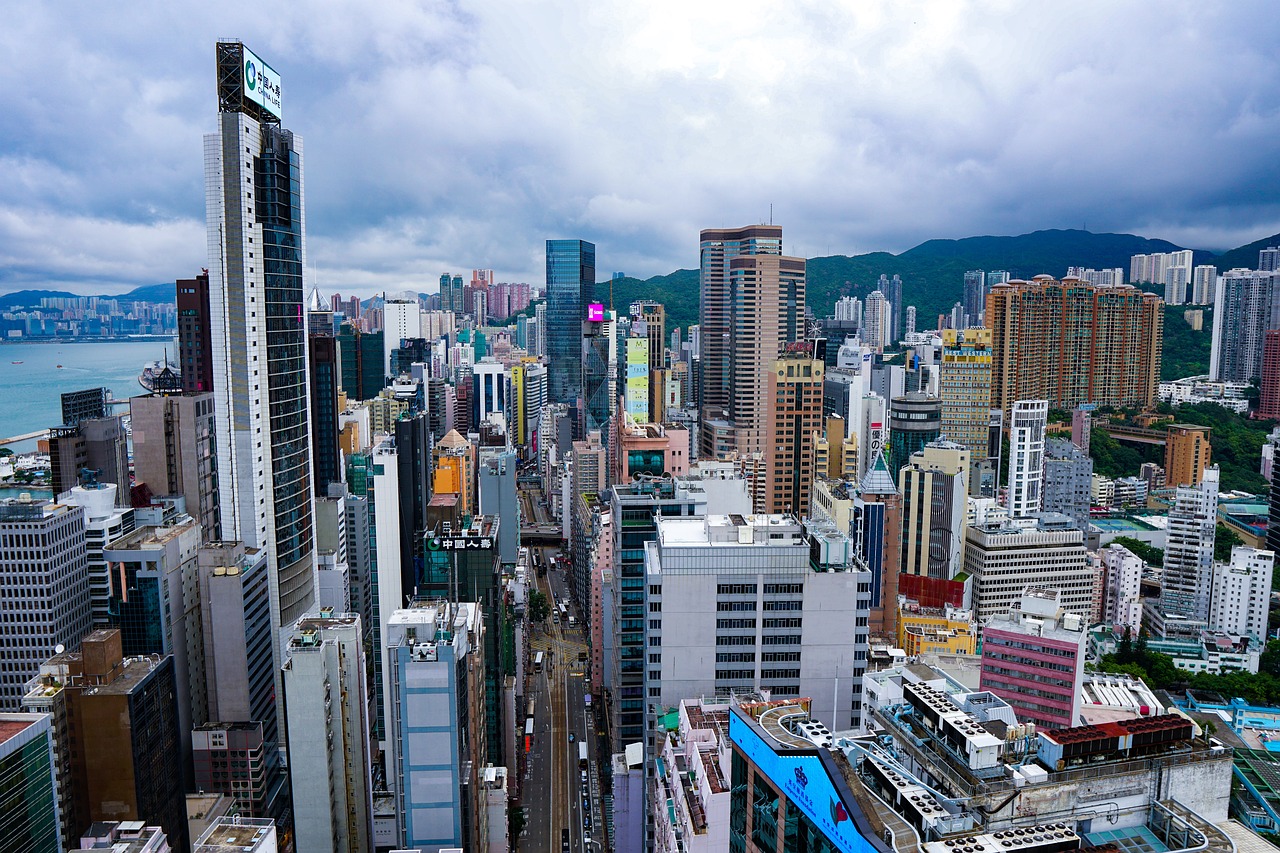
Hong Kong, China
Suite 1501, 1 Hysan Avenue, Causeway Bay, Hong Kong
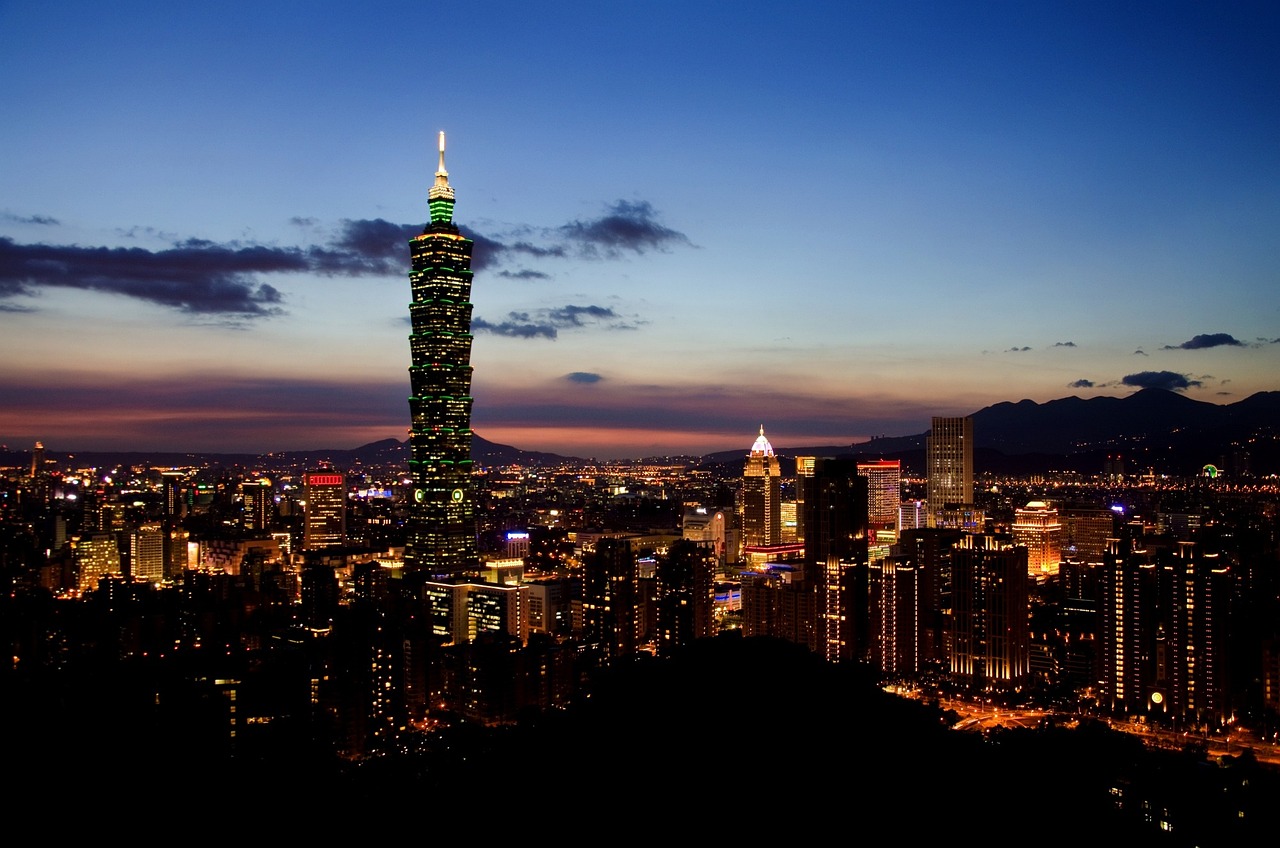
Taiwan, China
No. 8, Section 5, Xinyi Road, Da’an District, Taipei City 110, Taiwan
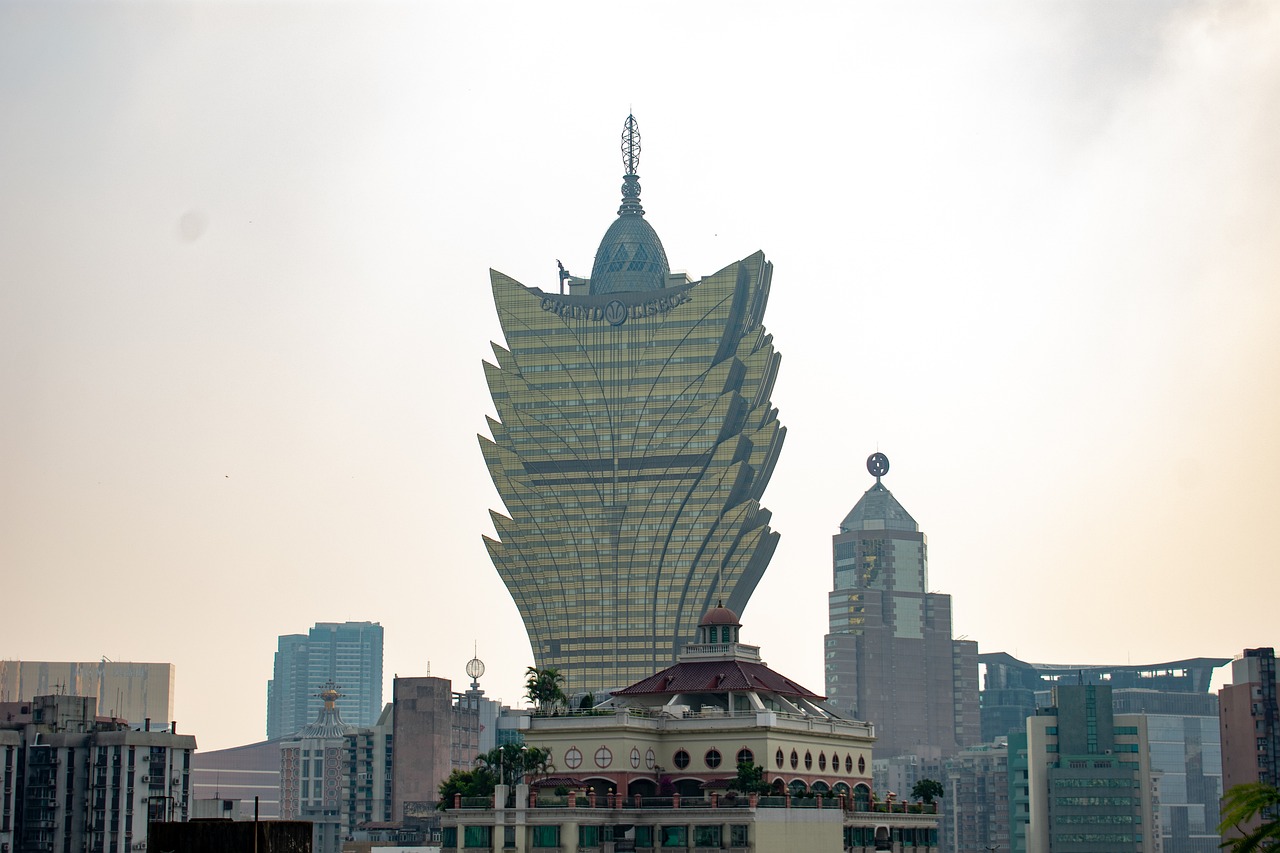
Macau, China
Rui do Dr. Sun Yat-Sen, NAPE, Macau SAR, China, 999078
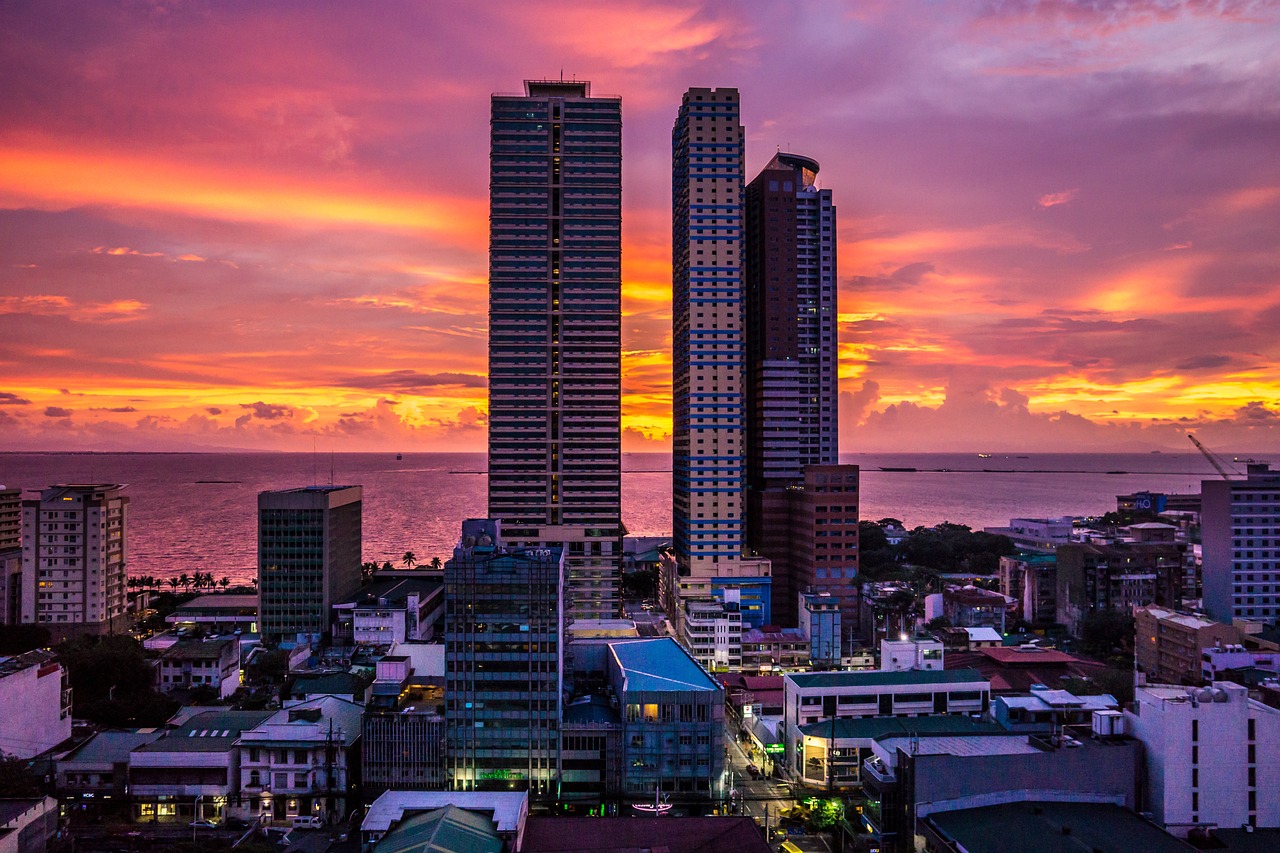
Philippines
6/F Net Lima Building, 5th Avenue cor. 25th St., Bonifacio Global City, Taguig, 1634 Metro Manila, Philippines
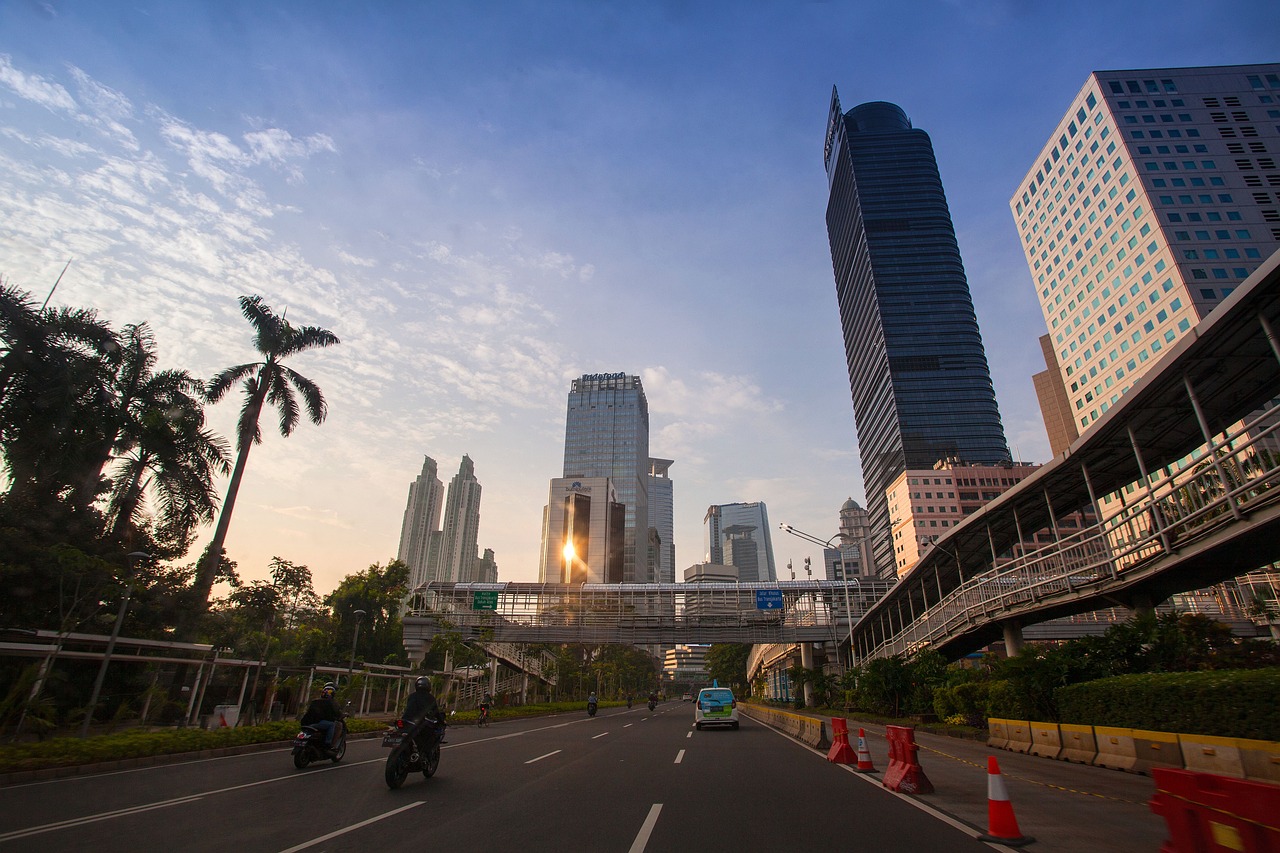
Indonesia
Jl. Jend. Sudirman Kav. 52-53, Kebayoran Baru, Jakarta Selatan 12190, Indonesia
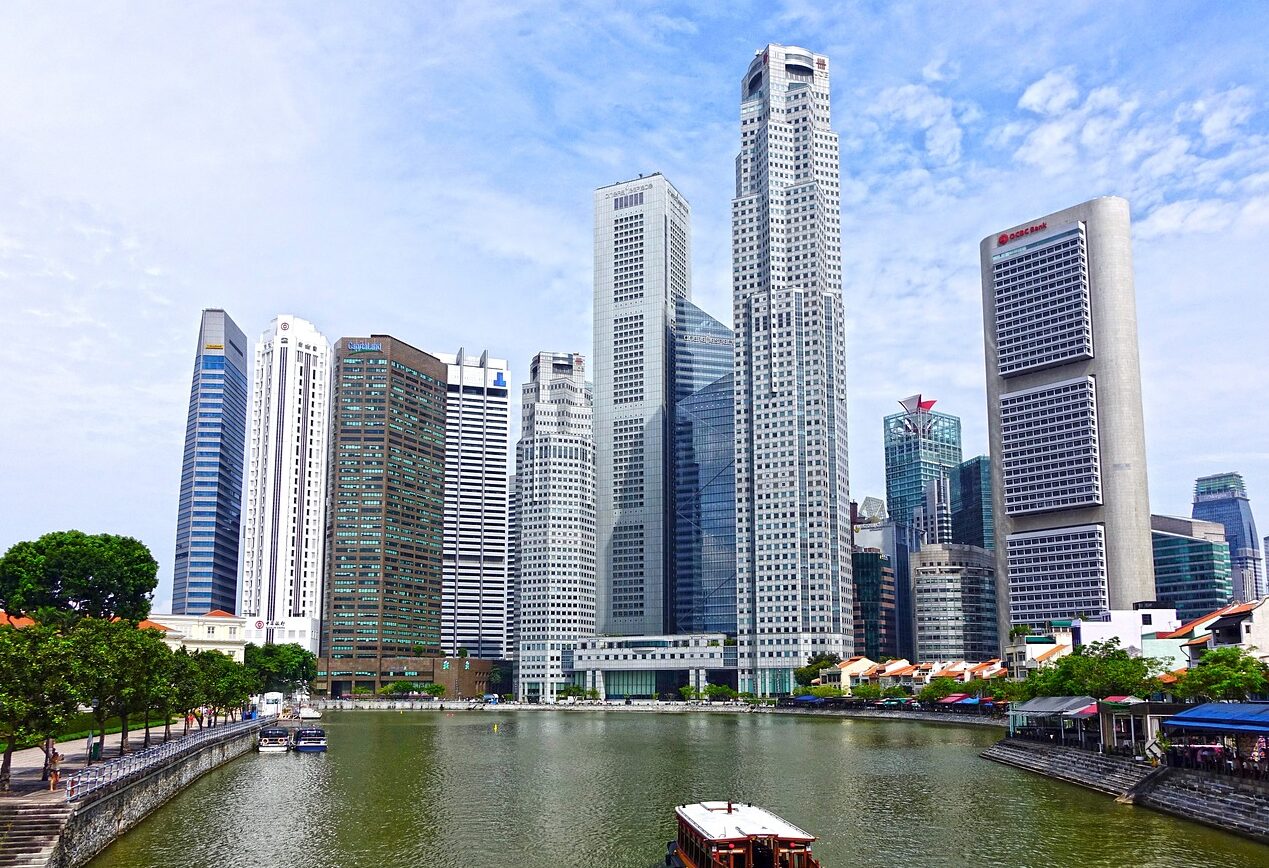
Singapore
10 Collyer Quay #23-01, The Quayside, Singapore 049315
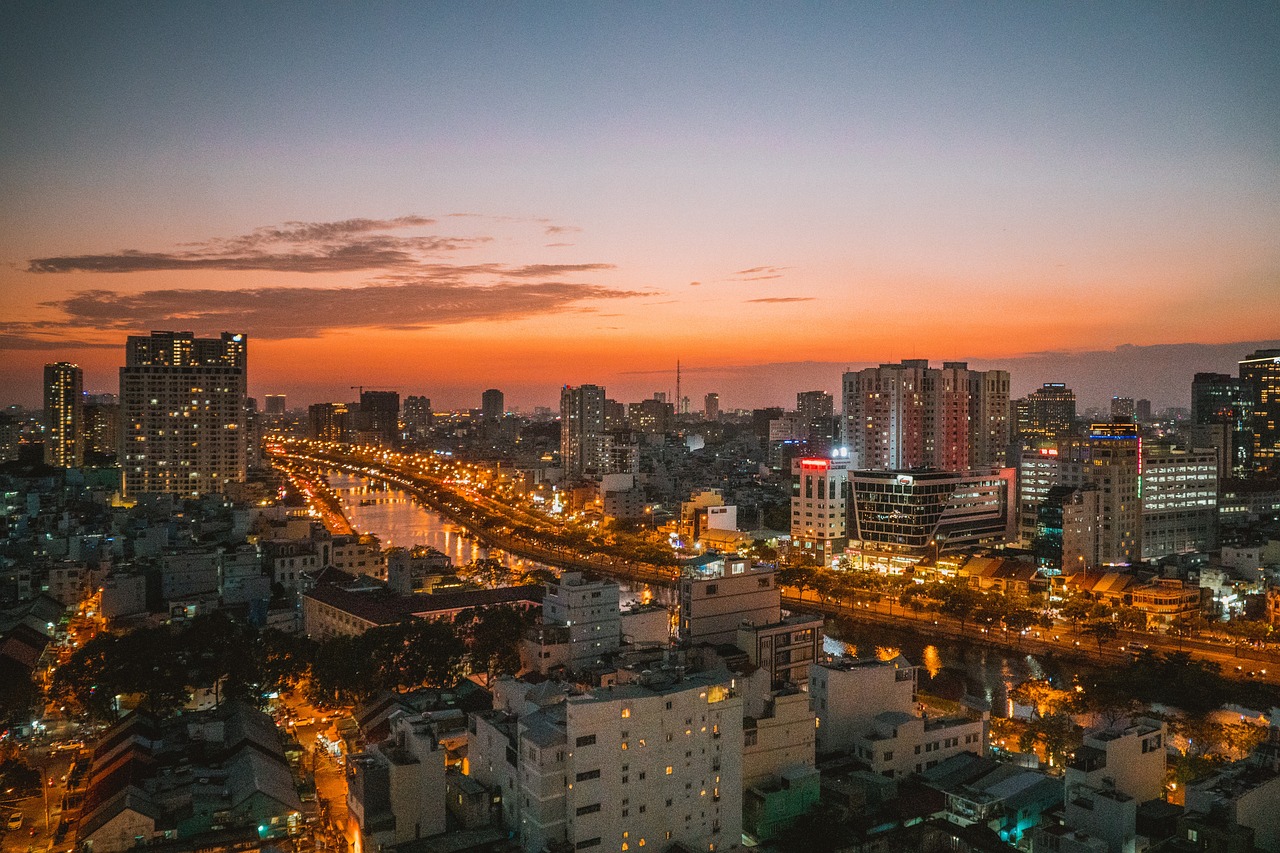
Vietnam
33 Nguyễn Hue Boulevard, District 1, Ho Chi Minh City 700000, Vietnam
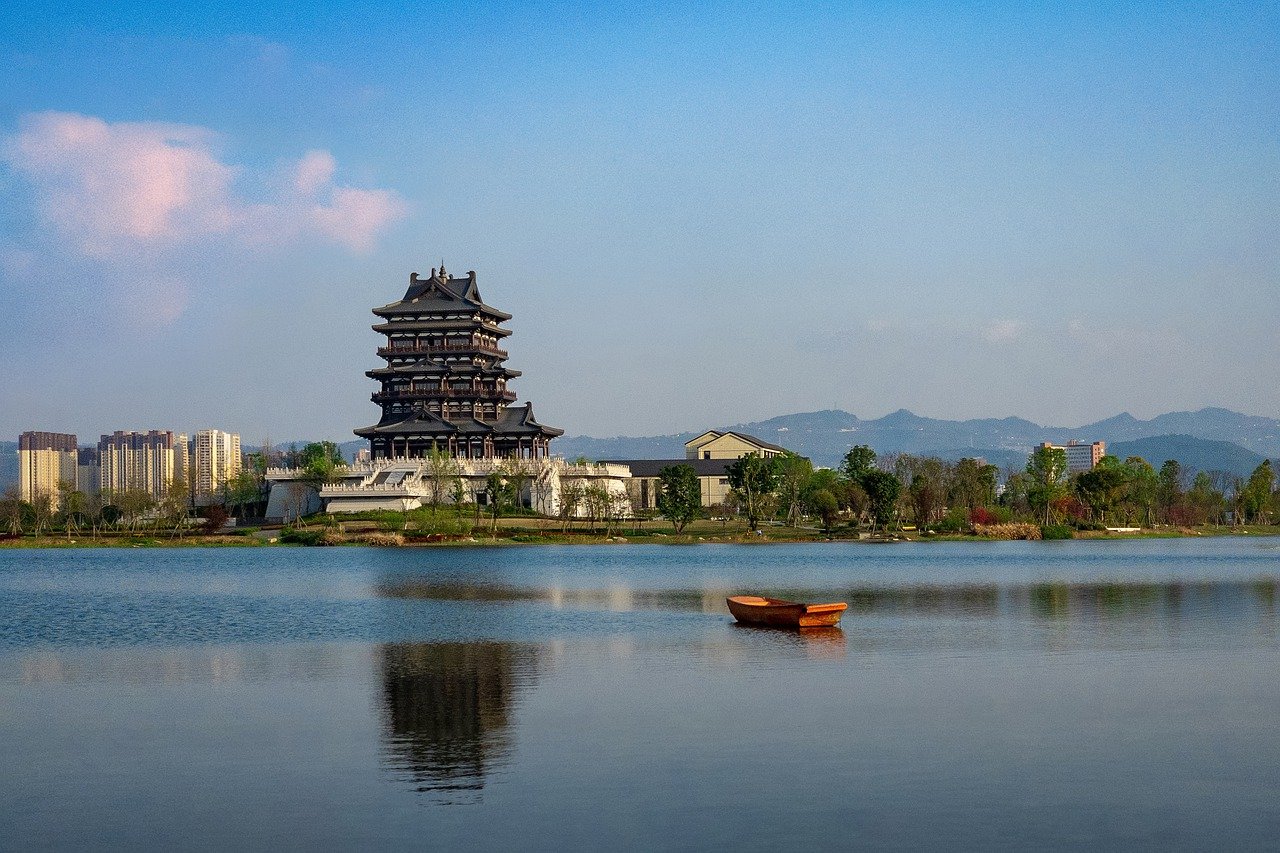
Bangladesh
House 55, Road 125, Gulshan 1, Dhaka 1212, Bangladesh

India
Apollo Bunder, Colaba, Mumbai, Maharashtra 400001, India
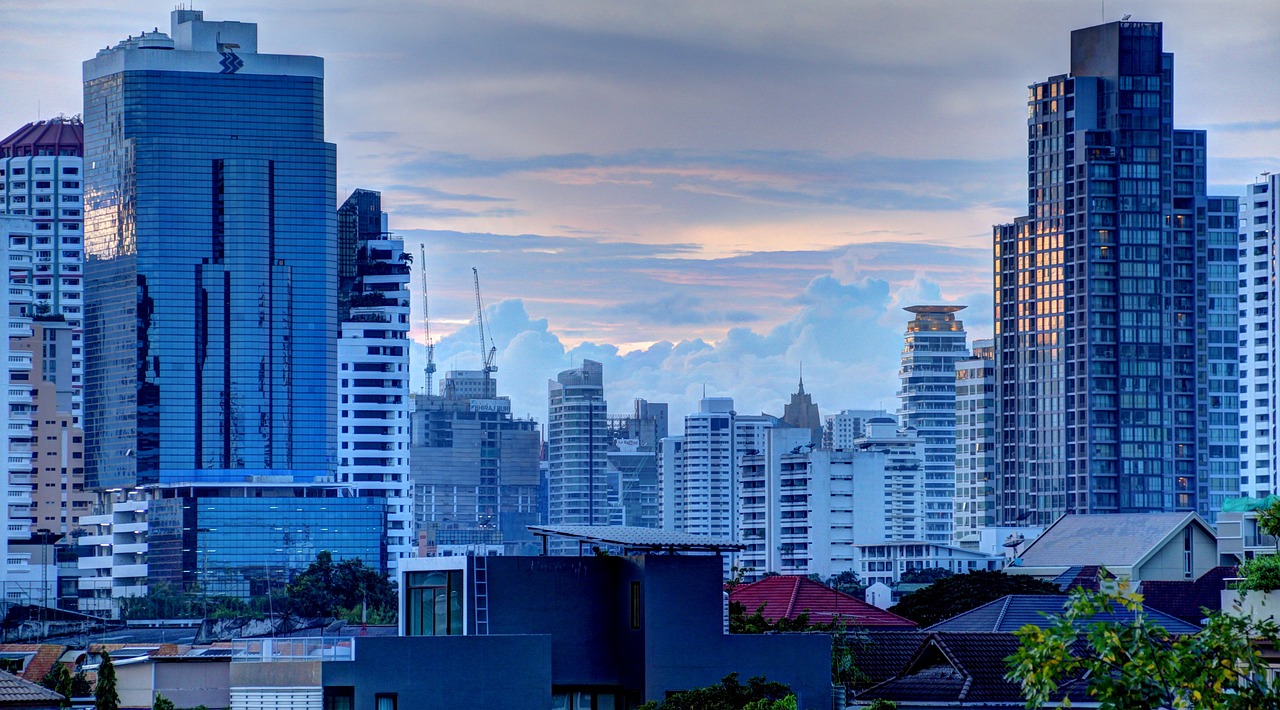
Thailand
999/86 Rama 1 Road, Pathum Wan, Bangkok 10330, Thailand